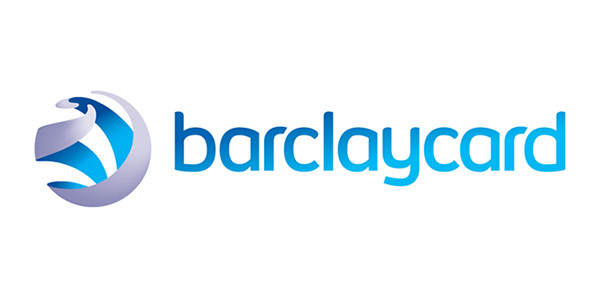Moneyhash and Mastercard Collaborate to Expand Access...
- 19.12.2025 02:00 pm
Equals Money Partners with Okta To Secure AI-Driven...
- 19.12.2025 01:25 pm
New Research Highlights Strong National Support for...
- 19.12.2025 08:35 am
Interchecks and Mastercard Partner to Advance Account-...
- 18.12.2025 02:55 pm
New Strategic Partnership Between Yowpay and Akurateco...
- 18.12.2025 11:45 am
Mastercard Expands Silver Logo Benefits with Launch of...
- 18.12.2025 11:35 am
Deutsche Bank Launches Wero for More Simple and...
- 18.12.2025 10:20 am
Nayax Partners with Unipaas to Launch Fully Integrated...
- 18.12.2025 08:45 am
Ottu Collaborates with Mastercard To Empower Global...
- 17.12.2025 12:35 pm
Juspay Integrates Visa Click To Pay in Brazil,...
- 17.12.2025 12:35 pm
Mastercard And Fuelin To Advance Secure, Real-Time...
- 17.12.2025 12:30 pm
Unlimit Gets RBI Cross-Border Approval, Opening India...
- 17.12.2025 12:05 pm






















